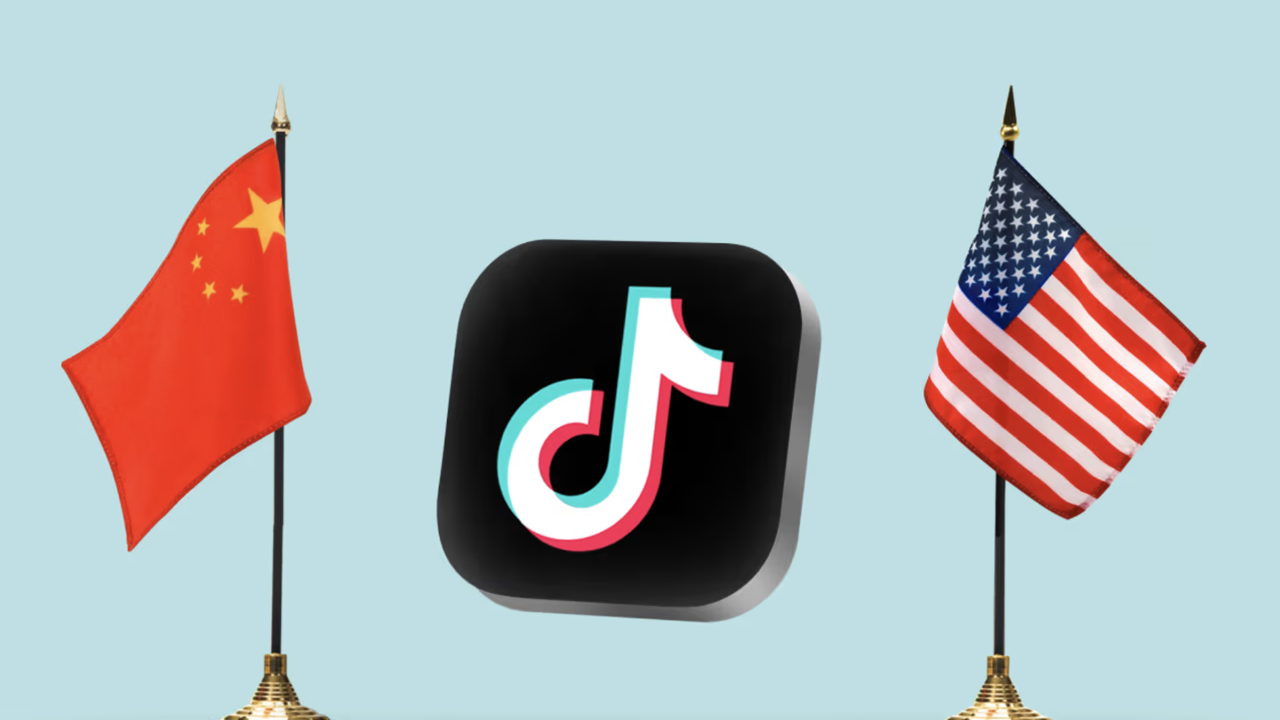China criticizes US TikTok bill, vows to protect national interests
China criticizes U.S. House's vote against TikTok, citing market fairness concerns

China strongly objected to the U.S. House of Representatives decision on Wednesday, which could lead to a ban on TikTok, the widely-used short-video app owned by Chinese tech giant ByteDance.
The House approved the Protecting Americans from Foreign Adversary Controlled Applications Act, which directly challenges TikTok's operations in the U.S.
Reacting to the U.S. move, China's commerce ministry spokesperson, He Yadong, stated, "The U.S. should truly respect the principles of a market economy and fair competition and stop unjustly suppressing foreign companies."
He further emphasized China's commitment to defending its legitimate rights and interests, vowing to "take all necessary measures."
Additionally, Wang Wenbin, a spokesperson for Beijing's foreign ministry, criticized the U.S. approach, describing it as contrary to fair competition and trade rules.
"When someone sees a good thing another person has and tries to take it for themselves, this is entirely the logic of a bandit," Wang stated, illustrating Beijing's view of the U.S. actions as aggressive and unjust.
The U.S. House's overwhelming vote of 352 in favor and 65 against the bill illustrates the bipartisan concern over national security risks linked to TikTok.
These concerns revolve around the potential for the Chinese government to influence the app, which has gained immense popularity worldwide.
As the bill heads to the Senate, its passage is uncertain, with some senators expressing First Amendment concerns. The White House, however, signaled President Joe Biden's willingness to sign the bill into law if passed, reflecting the administration's stance on this issue.
TikTok's CEO Shou Zi Chew has urged the app's vast user base to oppose the bill, reflecting the company's stance of being independent of China's Communist Party control. The issue has become a focal point in the broader U.S.-China tensions, encompassing disputes over technology, trade, and human rights.
This development marks a critical juncture in U.S.-China relations, with both nations standing firm on their respective positions. As the situation unfolds, it remains to be seen how these tensions will shape the future of international trade and digital governance.
Source: Newsroom







